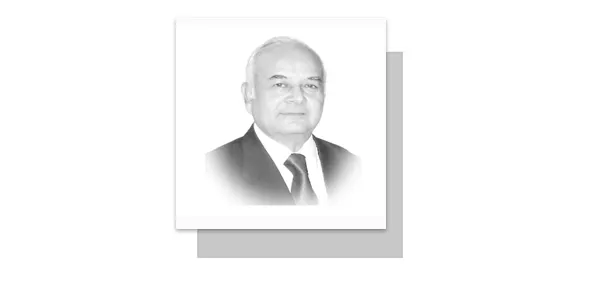PAKISTAN stands at a pivotal juncture. A nation brimming with untapped potential, it possesses the strategic location, fertile land, and, most importantly, a young and energetic populace to propel itself towards becoming a significant economic force. However, to unlock this potential and translate its inherent strengths into tangible prosperity, decisive action is necessary. Strengthening the rule of law and embracing meritocratic principles in decision-making are not mere suggestions; they are fundamental prerequisites for sustainable economic growth.
Pakistan’s strategic positioning at the crossroads of Central Asia presents a unique advantage. It serves as a vital trade corridor, connecting the ambitious Belt and Road Initiative with the vast markets of the Middle East. Its fertile lands, nourished by the Indus River system, offer a solid foundation for a thriving agricultural sector, capable of ensuring national food security and contributing significantly to global food production. Perhaps the most valuable asset Pakistan possesses is its human capital – a young, vibrant population with a strong entrepreneurial spirit. A recent McKinsey report estimates that over 60% of Pakistan’s population falls under the age of 30, presenting a unique demographic dividend that can fuel economic growth for decades to come.
Despite these inherent strengths, Pakistan’s economic trajectory has yet to fully reflect its potential. A critical factor hindering progress is the inconsistency and weakness of the rule of law. Businesses require a stable and predictable environment to thrive. When the application of the law is inconsistent, or when powerful interests are perceived to be above it, investor confidence wanes, and economic growth stagnates. Foreign direct investment (FDI) into Pakistan remains significantly below its potential, and domestic businesses struggle to access essential credit due to a lack of trust in the legal system.
The success story of the Motorway Police serves as a powerful testament to the transformative power of a strong legal framework. Prior to its formation, Pakistan’s highways were notorious for corruption and violence, leading to frequent traffic accidents, delays, and security risks for businesses transporting goods. The implementation of a meritocratic selection process for the Motorway Police, combined with rigorous training and a zero-tolerance approach to corruption, has demonstrably transformed these roads into vital arteries of commerce. Traffic accidents have declined dramatically, travel times have been significantly reduced, and businesses can now move goods efficiently and securely. This success story transcends improved infrastructure; it exemplifies the transformative power of a robust legal framework.
Pakistan’s advancements in nuclear technology further illustrate the remarkable capabilities of its people when empowered by a meritocratic system. World-class scientists and engineers have achieved significant feats in this complex field, showcasing the nation’s potential for innovation and scientific progress. Imagine the potential if this same meritocratic approach were applied across all sectors of the economy. The surge in innovation, entrepreneurship, and productivity would be truly transformative.
The path forward is clear. By strengthening the rule of law, Pakistan can create a level playing field where businesses can compete fairly and innovation can flourish. This necessitates a multi-pronged approach:
Judicial Reform: Upholding judicial independence and ensuring the swift and fair application of the law are paramount. Investing in judicial infrastructure, improving training for judges, and streamlining court procedures are crucial steps.
Combating Corruption: A zero-tolerance approach to corruption, with robust investigative bodies like the National Accountability Bureau empowered to act independently, is essential. Additionally, transparency in government procurement and public spending is key.
Meritocratic Recruitment: Government institutions and public services must be staffed based on qualifications and competence, not personal connections. Implementing a system of competitive examinations and promoting transparency in recruitment and promotion processes are vital. Any decision trespassing the boundaries of merit must be declared a non-bailable crime with a minimum punishment of 14 years RI.
Embracing these principles will undoubtedly present challenges. Vested interests who benefit from the current system will likely resist change. However, the potential rewards are immense. A strong and predictable legal system will attract foreign investment, stimulate domestic entrepreneurship, and unlock the nation’s full economic potential. Imagine a Pakistan where businesses can operate with confidence, where investors are assured of a fair return, and where talented individuals are rewarded for their skills and hard work. This is Pakistan, which has the potential to become a major economic power.
Pakistan’s journey towards becoming a major economic force will not be without its hurdles. Decades of political instability and security concerns have left their mark. However, Pakistan’s history is replete with examples of resilience and a spirit of determination. By harnessing the talent and drive of its people, and by establishing a legal framework that fosters trust and transparency, Pakistan can finally take its rightful place as a titan of the global economy. This transformation will not only benefit Pakistan but also have a positive ripple effect throughout the region. A stable and prosperous Pakistan can serve as a beacon of hope and a catalyst for growth in South Asia. The world is watching; the time for Pakistan to seize its destiny is now.
—The author writes on strategic, political, economic, current affairs & sports.
Email: nayyarahmad51@gmail.com









